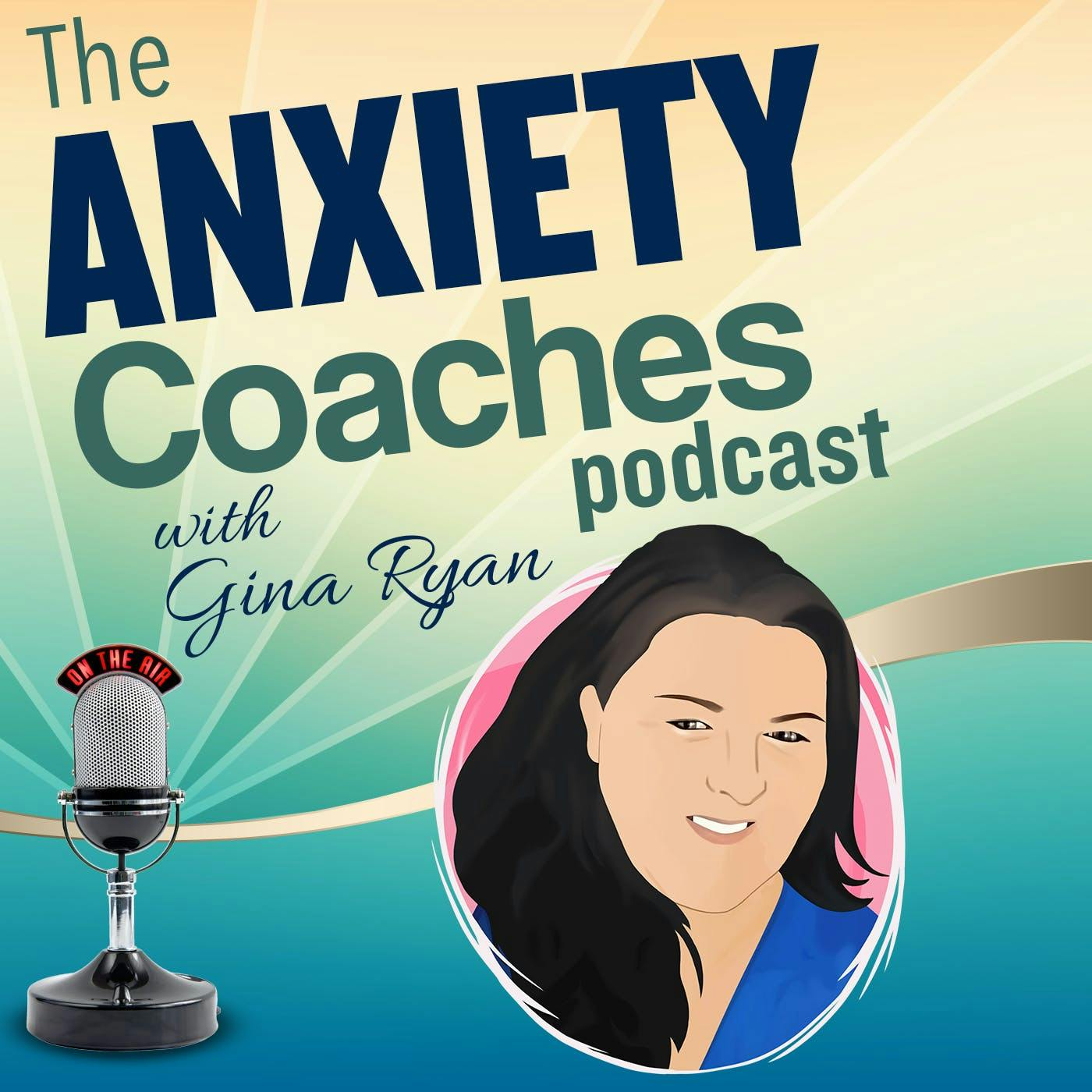- Health & Fitness
- Mental Health
- SEE MORE
- classical
- general
- talk
- News
- Family
- Bürgerfunk
- pop
- Islam
- soul
- jazz
- Comedy
- humor
- wissenschaft
- opera
- baroque
- gesellschaft
- theater
- Local
- alternative
- electro
- rock
- rap
- lifestyle
- Music
- como
- RNE
- ballads
- greek
- Buddhism
- deportes
- christian
- Technology
- piano
- djs
- Dance
- dutch
- flamenco
- social
- hope
- christian rock
- academia
- afrique
- Business
- musique
- ελληνική-μουσική
- religion
- World radio
- Zarzuela
- travel
- World
- NFL
- media
- Art
- public
- Sports
- Gospel
- st.
- baptist
- Leisure
- Kids & Family
- musical
- club
- Culture
- Health & Fitness
- True Crime
- Fiction
- children
- Society & Culture
- TV & Film
- gold
- kunst
- música
- gay
- Natural
- a
- francais
- bach
- economics
- kultur
- evangelical
- tech
- Opinion
- Government
- gaming
- College
- technik
- History
- Jesus
- Health
- movies
- radio
- services
- Church
- podcast
- Education
- international
- Transportation
- Other
- kids
- podcasts
- philadelphia
- Noticias
- love
- sport
- Salud
- film
- and
- 4chan
- Disco
- Stories
- fashion
- Arts
- interviews
- hardstyle
- entertainment
- humour
- medieval
- literature
- alma
- Cultura
- video
- TV
- Science
- en
947: Procrastination and Anxiety in Older Adults Listener Q and A

b"In today's episode, Gina responds to a listener question regarding anxiety, aging and procrastination. This listener in particular seems to struggle with procrastination in retirement and this exacerbates her anxiety. Watching what we eat and drink and taking extra care around our sleep hygine is recommended. Putting the journal to use is also suggested. Listen in for more information on the topic of anxiety and aging!\\nPlease visit our Sponsor Page to find all the links and codes for our awesome sponsors!\\nhttps://www.theanxietycoachespodcast.com/sponsors/\\nThank you for supporting The Anxiety Coaches Podcast.\\nFind even more peace and calm with our Supercast premium access membership! https://anxietycoaches.supercast.com/\\nHere's what's included for $5/month:\\n\\u2764 New Ad-Free episodes every Sunday and Wednesday\\n\\u2764 Access to the entire Ad-free back-catalog with over 600 episodes\\n\\u2764 Premium meditations recorded with you in mind\\n\\u2764 And more fun surprises along the way!\\nAll this in your favorite podcast app!\\nTo learn more go to:\\nhttps://www.theanxietycoachespodcast.com\\nJoin our Group Coaching Full or Mini Membership Program\\xa0\\nLearn more about our One-on-One Coaching\\nWhat is anxiety?\\nQuote:\\nMuch of the stress that people feel doesn\\u2019t come from having too much to do. It comes from not finishing what they started.\\n\\u2013David Allen\\nChapters\\n0:00:24 Introduction and Listener Question on Procrastination in Older Adults\\n0:02:01 Procrastination not considered a mental health condition, but linked to other challenges\\n0:03:19 Interconnectedness of Procrastination and Mental Health\\n0:13:59 Identifying Distractions and Making Changes\\n0:14:58 Adjusting Mood and Energy Levels for Productivity\\n0:16:12 Evaluating Tasks and Redefining Priorities\\nSummary\\nIn this episode of the Anxiety Coaches Podcast, we explore the topic of procrastination and its connection to anxiety, with a specific focus on older adults. A concerned listener reached out to us about their struggles with procrastination, insomnia, and burnout during retirement. While procrastination itself is not a mental health condition, research has found links between procrastination and depression, anxiety, and low self-esteem. Chronic procrastination can lead to increased stress, impaired concentration and memory, mood disorders, lower self-esteem, and avoidance coping. It can also strain relationships and create a cycle of stress and anxiety. To address procrastination, we need to develop better time management and organizational skills.\\n\\nOne area we can focus on is addressing sleep issues that may arise after retirement. When individuals retire, significant changes occur in their routines and activities. While some may find relief from the lack of structure and stress, others struggle with filling their day and fail to get enough quality sleep. Establishing a consistent sleep schedule, going to bed and waking up at the same time every day, becomes important, even without the obligations of work. We must also consider why it is challenging to follow a schedule when external deadlines or pressures no longer exist. Managing our own time can be a skill that needs to be learned. As the host of this podcast, staying on schedule is crucial for maintaining momentum.\\n\\nProcrastination among older adults is often connected to emotional factors such as regret, stress, distress, depression, anxiety, fatigue, and reduced life satisfaction. Journaling can be a helpful tool in identifying and addressing these underlying issues. The retirement environment is also different from the working environment, so creating a suitable environment for our retired life and setting boundaries to manage distractions properly become important. When procrastination occurs, it is essential to pay attention to any mood or energy crashes and consider adjusting meal times and foods to mitigate these crashes. Factors such as caffeine intake, sugar consumption, and inadequate nutrition can contribute to fluctuations in energy levels.\\nLearn more about your ad choices. Visit megaphone.fm/adchoices"